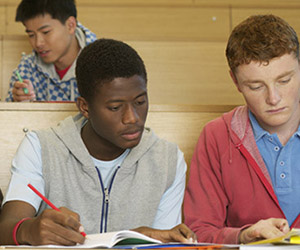
Adaptive
Learning is promoted when teaching support is tailored to what a pupil or student needs.
- In what learning activities during my teaching do I need to differentiate in particular?
- Based on which characteristics of pupils and students should I adapt my teaching?
- How do I find out what the learning needs of pupils and students are?
- How do I adapt my teaching if pupils and students are not motivated to learn?
- How do I adapt the content of my teaching to the interests of pupils and students?
Contact person for this principle
Roeland van der Rijst

Collaborative learning
Learning is promoted when pupils and students thereby work together effectively and share responsibility to achieve a common goal.
- Does collaborative learning promote learning?
- What is interdependence?
- What is effective collaboration?
- What are conditions for effective collaboration?
- What does elaborative explanation mean?
- What are effective interaction processes?
Contact person for this principle
Nadira Saab

Language awareness
Learning is enhanced when attention is paid to both conceptual and linguistic aspects of the subject matter.
- How do you ensure content-rich modern foreign language lessons?
- How do you ensure attention to language in content subjects?
- How do you address both language and content in bilingual education?
- How do you ensure that learners can access subject matter, even if it is not taught in their home language?
- How do you encourage meaningful communication in your (language) lessons?
… by being aware and raising awareness of/about both the conceptual and linguistic aspects of the subject matter in all teaching.
Contact person for this principle
Tessa Mearns

Formative
Learning is enhanced when evaluation is used to learn from it.
- How does your way of evaluating become instructive for learners?
- How does your way of evaluating become fair and reliable?
- How do you ensure that your teaching provides feedback that gives learners insight into what is expected of them, what they can do and which steps they can take to reach a higher level of performance?
- How do you quickly gather information that allows you to tailor your instruction to what learners need?
- How do you activate learners to determine a personal learning route?
… by evaluating during your teaching through gathering information on students’ learning in order to learn from it again
Contact person for this principle
Dineke Tigelaar

Goal system-based
Learning is promoted when it builds productively on existing multiple goals.
- How can the actions of a learner (pupils/students/teachers) be understood?
- How can a leaners’ identity be mapped in a structured and coherent way?
- How to connect and build on what learners (pupils/students/teachers) care about?
- How to ensure that learners become and stay motivated?
- How can leaners expand their repertoire in a motivated way?
Contact person for this principle
Fred Janssen
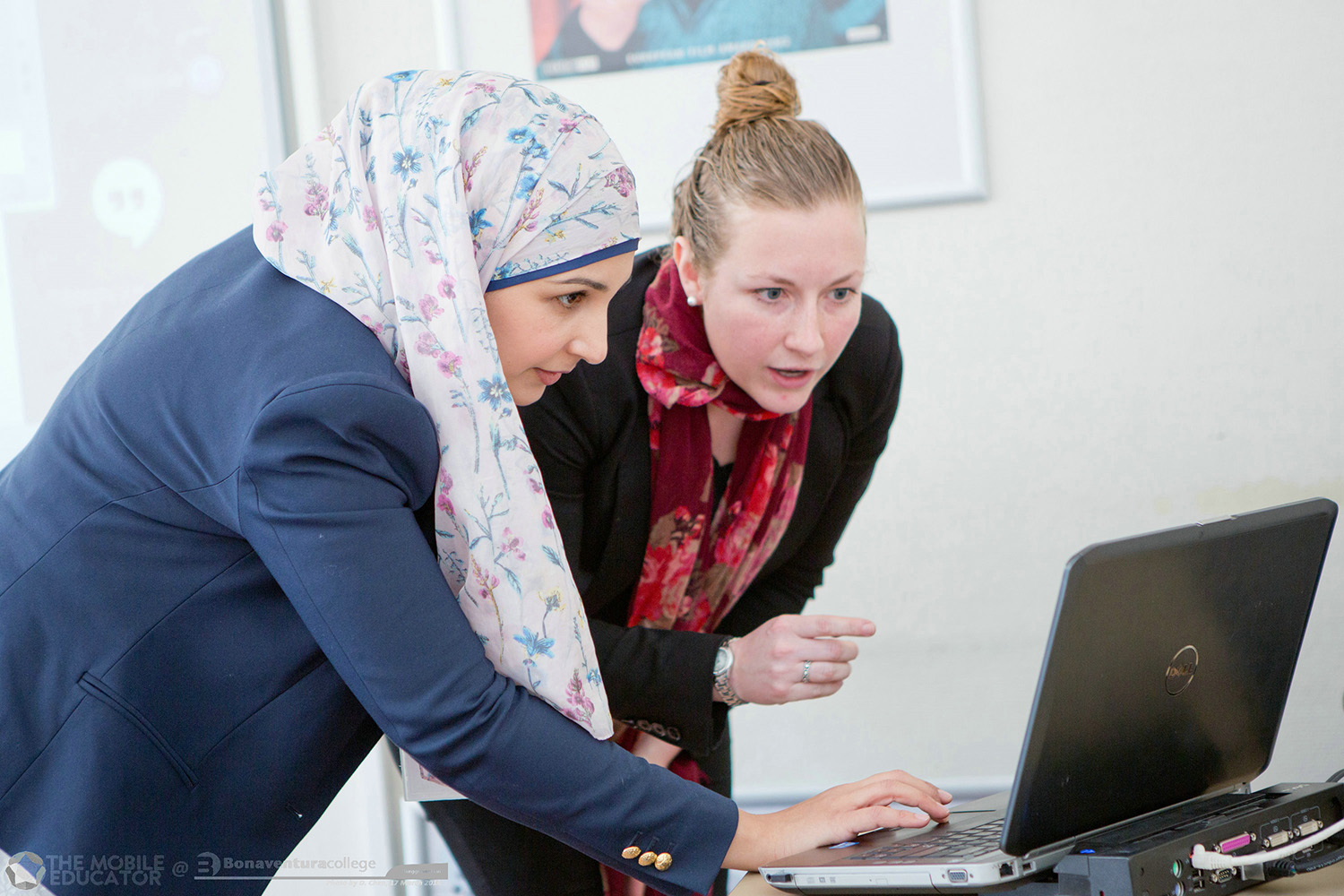
Inclusive
Learning is promoted when the needs of all learners are met and all learners are included.
- How do you connect to the needs of all learners?
- How do you ensure that all learners feel engaged?
- How do you ensure a safe learning environment for all learners?
- How do you ensure that all learners feel included?
- How do you differentiate between learners with different needs?
- How do you deal with differences and similarities between learners?
- How do you harness both the diversity and similarities within and group of learners to enhance learning?
Contact person for this principle
Nadira Saab
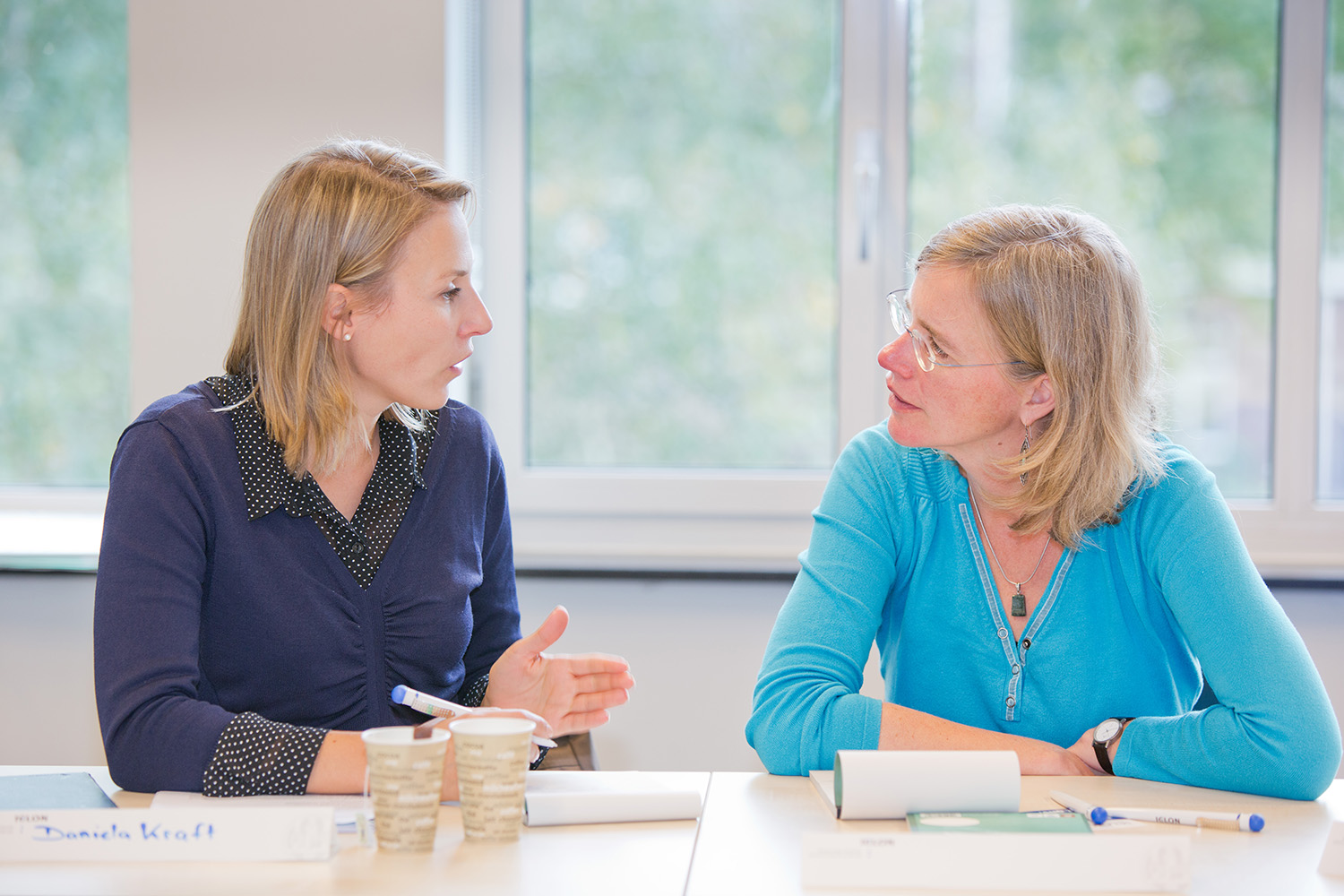
Inquiry-based
Learning is enhanced when researchable questions are asked for which data are collected to infer towards conclusions.
- How does your learning objective become an inquirable question for pupils and students?
- How do you ensure that your teaching is perceived as relevant?
- How do you challenge students to think further?
- How do you activate and connect students’ interests to the subject matter?
- How can a pupil or student experience setbacks and successes?
… by guiding students in research design, implementation, and performance.
Contact person for this principle
Roeland van der Rijst

Modular
Learning is promoted when teachers rearrange their existing building blocks for educational design.
- As a teacher, how can I implement a teaching innovation without replacing everything I am already doing that is working so well?
- As a teacher, how can I innovate within my existing teaching repertoire and continue to innovate without spending too much time and energy?
- As a teacher, how can I learn effectively and productively build on what I am already doing?
Contact person for this principle
Michiel Dam
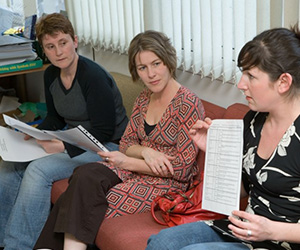
Multiple perspective-based
Learning is promoted when it is guided by (multiple) domain-specific tools for thinking and practice
- How can I teach my pupils to ask questions?
- How can I teach around the ‘big ideas’ in my subject/domain?
- How can I give coherence to the knowledge and skills I want to teach?
- How can I arrive at central questions for my lesson(s)?
- How can I bring coherence to a curriculum?
- How can I teach students to think in a subject area (domain-specific thinking tools)?
- How can I help pupils (learn to) think critically and solution-focused on relevant issues from different perspectives?
Contact person for this principle
Fred Janssen
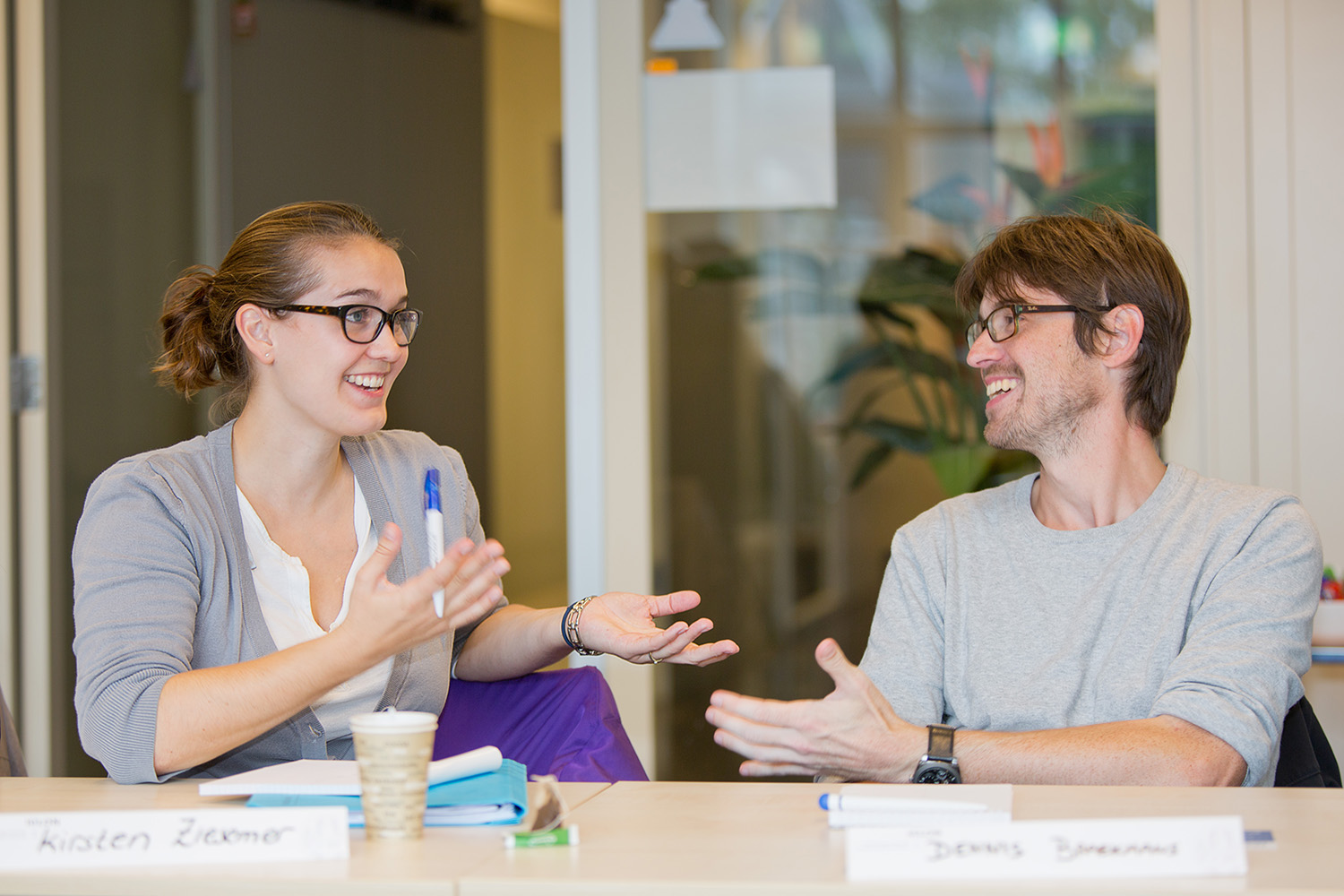
Safe and participatory
Learning is enhanced when it takes place with (active) participation of all involved, in a safe learning environment.
- How can more student involvement lead to better/deeper/more relevant learning?
- How can students be actively involved in their learning?
- How can students’ perspectives be taken seriously?
- What are the characteristics of a safe school and learning climate and why is it necessary?
- Does the student become the boss in the classroom when participation is the norm? What is my role as a teacher in a practice of student participation?
- How does a school contribute to developing students into active participants in society (citizenship)?
Contact person for this principle
Ben Smit
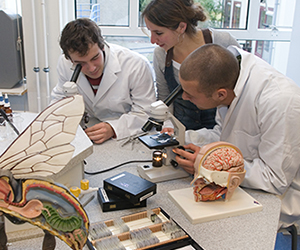
Self-regulated
Learning is promoted when pupils and students progressively self-regulate their learning.
- How can I promote self-regulation of learning in pupils and students?
- How can I support self-regulation of pupils and students without directing it?
- What can I expect about self-regulation in pupils and students and does it differ between age groups?
- How do I find out which self-regulation strategies pupils and students use?
- How much self-regulation is effective and does this differ for pupils and students at different stages of their educational careers?
- What strategies for promoting self-regulation are effective in my teaching?
Contact person for this principle
Roeland van der Rijst

Whole task-based
Learning is promoted when subject matter is taught in the context of an authentic task
- How does your learning objective become a question for learners?
- How do you ensure that your teaching is perceived as relevant?
- How do you challenge all learners?
- How do you activate and connect relevant prior knowledge and skills?
- Also, how do they immediately practice what they need to be able to do?
… by starting teaching with the introduction of an authentic task.
Contact person for this principle
Fred Janssen
